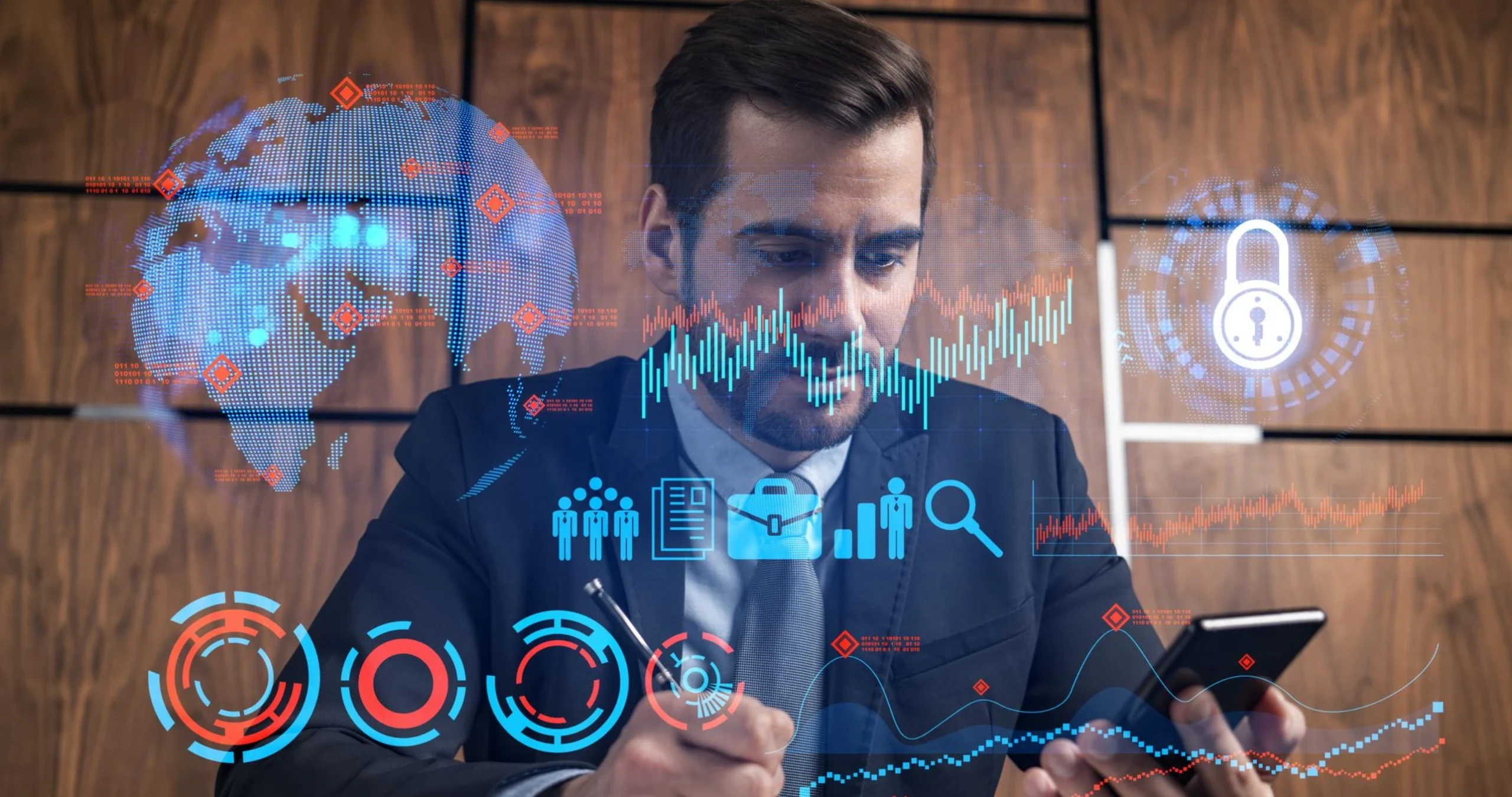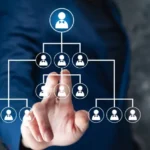The world is increasingly using AI technologies to optimize and streamline business processes, which helps save time and effort. We can see its usage and associated benefits throughout all departments in a company, such as manufacturing, quality control, sales, marketing, and development.
AI in performance management and HR analytics has the potential to change the overall company’s efficiency and output and improve the efficiency of human resources professionals as they can easily identify patterns and undertake analytics to support the future of HR professionals in their decision-making efforts.
Additionally, AI in HR analytics can also enhance candidate quality by providing real-time feedback on the recruitment process, performance reviews, and more. In this blog, we will be checking out seven of the most common ways HR analytics and AI will be transforming the future of the HR tech landscape.
Benefits of AI in HR Analytics
Despite the multiple challenges detailed above, organizations are still integrating HR analytics and AI since the benefits are worth the cost and effort. The significant benefits of AI in HR analytics include:
- Better insights for companies
- Quicker data collection from multiple sources
- Pattern identification, leading to quicker workarounds
- Personalized staff management
Challenges of AI in HR Analytics
Integrating HR analytics and AI is easier said than done as there are numerous challenges in deploying AI and big data in business processes. Some of the major challenges are:
- Overcoming the skepticism and misinformation surrounding artificial intelligence such as it will take away jobs.
- Ensuring security, integrity, and privacy of the company data, while maintaining compliance.
- Sourcing the AI training data ethically, should also be unbiased.
- Employing quality hires to maintain the AI in the system.
- Developing HR strategies and making changes as quickly as the AI provides insights.
Future of HR Analytics and AI
As artificial intelligence and human resources continue to evolve, artificial intelligence will become better at predicting human behaviour, which would help understand employee engagement, well-being, and performance, for effective employee retention.
AI can also provide real-time insights into organizational performance and output and provide cost-effective strategies to optimize it.
The future of HR will be tightly integrated with artificial intelligence, as analytics and AI will be able to transform HR leaders and employees by making proactive suggestions to managers instead of reacting to the changes in the employee experience and company data.
In the future, it will be more strategic and human-centric, enabling better engagement and optimized handling of company expectations.
Also Read:
7 Ways HR Professionals Can Integrate AI in Analytics
We can observe that AI in HR analytics is in its infancy. Despite the relatively new technology, it is evolving rapidly to accommodate new employees and further enhancements as well as making drastic changes in the current HR analytics.
Let us check out seven ways in which HR analytics tools and artificial intelligence transform human resource management:
1. Augmented Decision-making
Analytics and AI can provide better feedback by sifting through the company database, which enables better decision-making.
AI and machine learning in HR analytics can improve overall company culture, engagement of employees, and business output as it provides you with cumulated insights, which can be easily overlooked by the HR team.
Such in-depth data analysis, will help in uncovering gaps in the organization and enable optimized staff management for the future.
2. Provide Personalized Experiences
AI in HR analytics will also be able to provide personalized experiences to the employees such as analyzing their skills and understanding where they lack to suggest the employee skills and right training programs to their manager.
Such proactive efforts by the AI system, based on the database and skill sets, will ensure automated improvement in productivity and engagement.
3. AI-enabled Recruitment
AI can also be used to gather feedback on recruitment data quality and job descriptions to streamline it and make it seamless for top talent to contact your company.
AI can also analyze data on the candidate profile and predict whether they will stay longer with your company by analyzing data on their previous employment profile.
It can also help you understand whether a specific candidate lacking some skills can be taught that specific skill, making it easier for the recruiter to make their informed decisions.
4. Intelligent People Analytics
With the integration of AI and HR analytics, you can easily automate information gathering about individual employees. AI can enable you to find intelligent data such as predicting their behavior based on past behavioral patterns.
For example, the AI will be able to predict with accuracy whether a staff member will be leaving soon based on their engagement, productivity, leave, working hours, and related data.
5. Human Bias Avoidance
Since human beings are inherently biased in nature, AI can step in to make fair judgments and remove any kind of bias from processes where human beings are analyzed, such as recruitment, recognition, and rewards for employee performance.
AI can completely avoid such biases from the HR processes, leading to a diverse workforce, which is proven to be more beneficial for employees and the organization.
6. Predictive Analytics
Predictions-based analytics is the practice of using existing big data, and patterns to predict the future with enhanced accuracy.
Since AI is exceptionally good at handling large data, it can easily make estimated guesses of the future with relatively enhanced accuracy, making it ideal for data-driven decisions and providing insights about employee behaviour.
7. Enhanced Recognition
With the help of AI, the HR teams and management can easily, recognize the performers, leading to enhanced recognition.
AI enables visibility even for the most obscure staff members who may be overlooked in legacy systems. Hence, AI in HR analytics provides enhanced recognition for the company, ensuring their engagement and effective retention.
Conclusion
AI development in HR analytics is transforming the way companies are using their employees’ performance data as well as optimizing the overall process efficiency.
AI has the potential to transform the future of HR by making data the center of all decisions as it can sift through huge databases within minutes and provide in-depth analysis.
Hence, now is the ideal time to digitize your HR with AI tools to ensure that you stay one step ahead of your competition.









